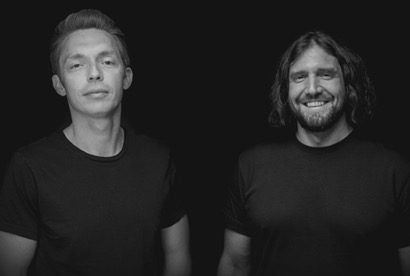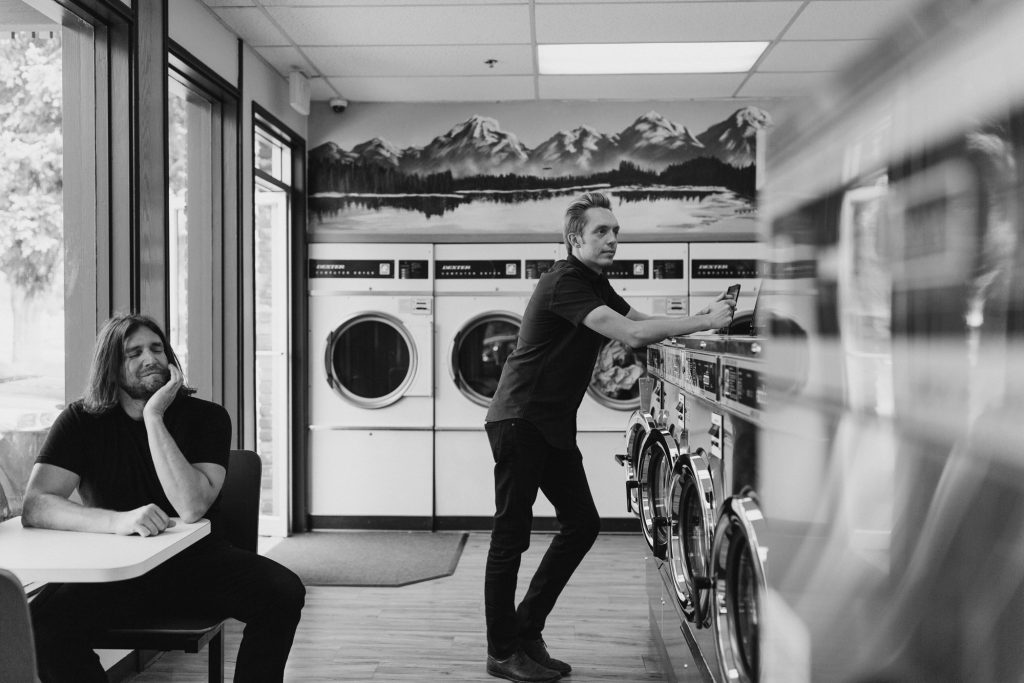What are some of the things that get in the way of living a full life? Perhaps it’s all the things that make our lives full.
With one-click shopping, same-day delivery, buy-now ads, and more, there’s never been a time in history when we’ve had such easy access to the things that claim to solve all of our problems, one product at a time.
Is our access—and addiction—to material things somehow related to our happiness, or rather, our lack of happiness?
In their 2021 documentary, The Minimalists: Less Is Now (available on Netflix), Joshua Fields Millburn and Ryan Nicodemus argue it’s the very things we think will make us happy that contribute to our misery. So, it stands to reason, if you eliminate the excess things in your life, your life will become better.
But I don’t think it’s that simple.
Addition by Subtraction? Maybe.
Just as adding more things into your life doesn’t result in happiness, removing what clutters your days isn’t going to make you happy.
Stuff is just… stuff.
Annie Leonard, Executive Director of Greenpeace USA, elaborates on this idea in the film. She says, “Stuff is contributing to our discontent in so many different ways, because it’s taking the place of the things that actually do give us more happiness.”
When you regularly succumb to impulse buying as a way to soothe the hurt in your life, “You’re worshipping at the altar of stuff,” says Dave Ramsey, founder of Financial Peace. “You have officially contracted the disease of stuffitis. It becomes a spiritual thing then, because it’s in competition with the things that really matter.”
Erwin McManus, Founder of MOSAIC, puts it this way: “The reason the message of minimalism is so powerful is because we’re binging on all the wrong things and we’re dying of hunger for things that really matter.”
So what are those things that really matter?
Empty Rooms Make Space for Something Else… but What
In the Gospel of Luke, Jesus shares this haunting parable, “When an impure spirit comes out of a person, it goes through arid places seeking rest and does not find it. Then it says, ‘I will return to the house I left.’ When it arrives, it finds the house swept clean and put in order. Then it goes and takes seven other spirits more wicked than itself, and they go in and live there. And the final condition of that person is worse than the first.”
Have you ever noticed how, when you remove something from your life, something else ultimately takes its place? This is what Jesus is talking about here. We have to be intentional about what we allow to fill the empty spaces we clear out in our lives; if we aren’t intentional, other vices will move in right alongside the spirit that left.
Minimalism isn’t the be-all, end-all to a happier life. It is a tool we can use to sweep out the clutter of our lives and make room for things of meaning. If we don’t fill the emptiness we create with things of meaning, we stand to feel worse than we did before.
What fills our days? The pursuit of things, or the pursuit of relationships? How much importance have we granted the material things in our lives? Are they tools we use or tools ruling us?
The Minimalists documentary illuminates the problem we have as consumers in our buy-now culture and provides tools for how to dig ourselves out. It also challenges us to think about what will fill those empty spaces, once the clutter is gone.
De-Clutter with Generosity and Stewardship
When the documentary ended, I was tempted to grab a trash bag and head room-to-room, tossing anything and everything that didn’t have a plan and a purpose in my life, but before I did any of that, this question crossed my mind: What am I going to do with the stuff I want to get rid of?
As a steward of what comes into my home, I am also striving to be a steward of what I send out into this world. In the rush to purge what I’ve binged as an American consumer, I could just send all my excess stuff to the dump.
If minimalism is a call for less in your life, consider how that “more” you’ve accumulated will move into its next life, beyond your home. What purpose could these things have beyond you? Could it be donated to a library or a thrift shop or a friend in need? Could it be upcycled? Could it be recycled? How might someone else benefit from your stuff? How might you reduce your footprint while simultaneously reducing the clutter accumulated in your home?
Returning Tools to Their Proper Role
There’s something to decluttering your life, but perhaps more critical than what we have is what we plan to do with what we have.
We have an abundance of chairs. Following the rules of minimalism, I could reduce the number of chairs in our house to match the number of people who live here. But the spirit of minimalism is placing things in our lives back in their proper, functional space. And the proper space for our many, many chairs is around our giant dining room table, where we love to host friends and neighbors.
These chairs don’t define my identity, but they are useful and necessary as a means for our family to be hospitable hosts to the guests we welcome into our home.

“I realized if I simplified my life, I’d have more time for my health, my relationships, my creativity, my finances, and I could contribute beyond myself in a meaningful way,” says Fields Millburn.
There’s power and freedom in holding on loosely to the things in this world. When we clear out the clutter, physically and spiritually, we make room for all of the truly good, real, and beautiful things. As followers of Christ, those good, real, and beautiful things are rooted in life lived for others and for God: a life spent in community, in service, in using your passions for the good of your neighbor and Creation.
Sweep clean your cluttered rooms if you’re feeling convicted by The Minimalists’ message of stuff addiction. While you’re at it, be sure to make room for all that is lovely in this world to take up residence in your stuff’s space.





 Copyright
2024
Root and Vine
Copyright
2024
Root and Vine